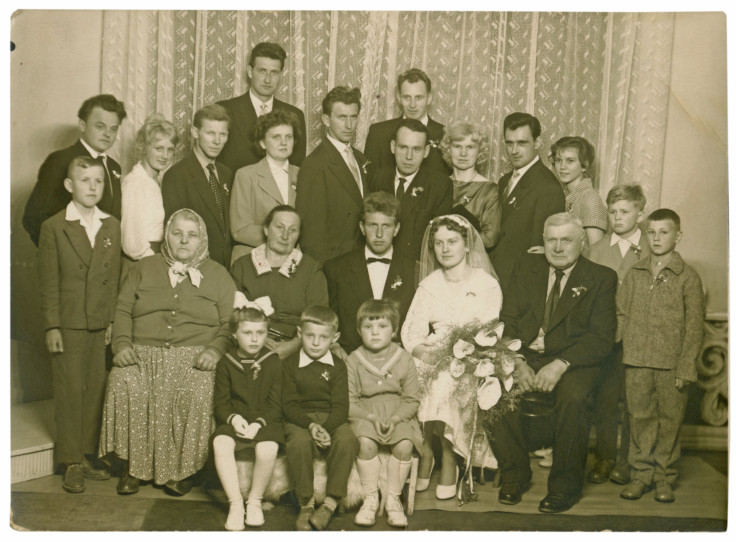Language Development Linked To Relationship With Older Siblings In Large Families

It’s not easy growing up in a big family. Studies show that children of larger families don’t do as well in school partly because of parents having to spread their time and attention. The lower down the birth order a kid is the worse it gets, while those with fewer siblings perform better on language and IQ tests. But Canadian researchers found that having a receptive older sibling can counteract the negative effects of “resource dilution” that occur in large families.
By analyzing all the words that a younger sibling recognizes and understands, researchers from the University of Toronto concluded that the negative impact that a “large sibship” has on language development somewhat depends on having a considerate older sibling or not. "The idea is that here is this effect of being in a large family where you don't get that many resources, but if you get an older sibling that's really attuned to your needs that would be a modifying effect," study leader, Jennifer Jenkins, told Reuters Health.
The study, which was published in the journal Pediatrics, involved 385 children who were just over 3 years of age on average. Jenkins and colleagues assessed how these children interacted with their mothers and next-in-age older siblings, who were at least four years older. Interaction scores were based on, for example, how sensitive the older siblings and mothers were toward the younger siblings' abilities and their willingness to provide positive feedback. They also tested the younger siblings' vocabulary by seeing how well they could identify objects.
Altogether, the study found that children who had a lot of siblings didn’t do as well on the vocabulary test. But this negative trend didn’t hold up as strongly for kids in large families whose older siblings interacted more meaningfully with them, which the authors termed as having higher “cognitive sensitivity.” Lead author, Heather Prime, and colleagues concluded, “Children who show sensitivity to the cognitive needs of their younger siblings provide a rich environment for language development.”
Jenkins pointed out to Reuters that even though this compensating effect that considerate older siblings have is small, it’s an influence that adds to the plethora of other ones that slightly impact a child’s cognitive development. The next move, she added, would be to solidly verify that sibling interactions benefit younger siblings in large sibships. Jenkins aims to do this by actively encouraging older siblings to have more meaningful interactions with their younger brother or sister and see whether any cognitive improvements results from it.
Still, the study authors didn’t dismiss the possibility that younger siblings can influence the quality of interaction they have with their older siblings and, thereby, affect the extent of cognitive advantages they gain from the relationship when raised in a family circus.
Source: Prime H, Pauker S, Plamandon A, et al. Sibship Size, Sibling Cognitive Sensitivity, and Children’s Receptive Vocabulary. Pediatrics. 2014.
Published by Medicaldaily.com



























